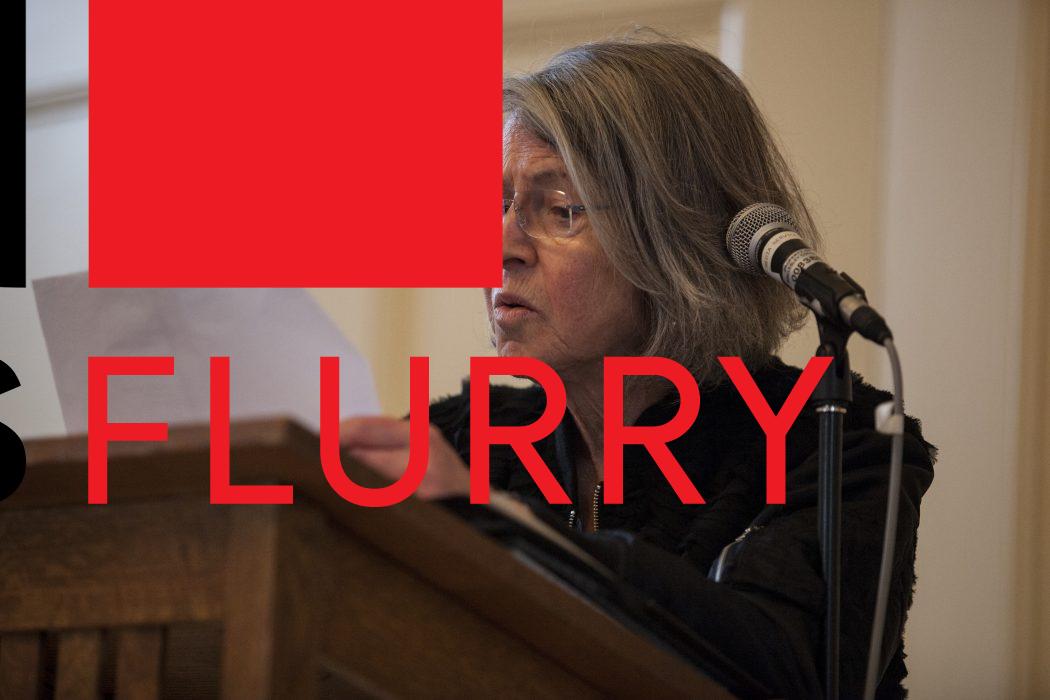American poet Louise Gluck has been crowned the 2020 Nobel Prize in Literature “for her unmistakable poetic voice that with austere beauty makes individual existence universal.”
Gluck is one of the very decorated American poets and essay writers who are known for her realistic poems about life. Through her works, she gave the readers a perspicacity about relationships, despondency, rejection, betrayal, divorce and death. Former American Poet Laureate Robert Hass described Gluck as “one of the purest and most accomplished lyric poets now writing.”
Louise Glück Won 2020 Nobel Prize in Literature
Louise Gluck’s verse has been portrayed as insightful and familial. Her style revamps old folklore and makes it pertinent for contemporary readers. Her verse goes past focusing on one sort. It depicts characters battling life and searching for importance. Unreasonable to her name signifying “luck” in German, her verse focuses on the hazier and more dreary subjects of presence. The attention on the first-person portrayal and the disheartening standpoint, even in such happy occasions like spring, is demonstrative of Gluck’s verse.
All of her works are an adaptation from the sourness of real-life events. Gluck’s poems deliver the aspects of trauma, desire, and nature. She is known for her etymological exactness and grave tone. Poet Craig Morgan Teicher described her poems as the following. “Words are always scarce, hard-won and not to be wasted.” She has been placed along with other American poets “who value fierce lyric compression.”
While Glück’s work is specifically various, researchers have distinguished a few subjects that are vital. Most noticeably, Glück’s verse can be supposed to be centred around damage and wound, as she has composed all through her profession about death, misfortune, dismissal, the disappointment of connections, and endeavours at recuperating and reestablishment.
The researcher Joanne Feit Diehl echoes this thought when she contends that “this ‘feeling of a completion’… imbues Glück’s sonnets with their review power,” highlighting her change of regular articles, for example, an infant carriage, into portrayals of depression and loss. Yet, for Glück, trauma is seemingly an entryway to more prominent energy about existence, an idea may be most clearly investigated in The Triumph of Achilles.
The connection between the contradicting powers of life and demise in Glück’s work focuses on another of her regular topics: want. Glück has frequently expounded unequivocally on numerous types of necessities—for instance, the longing for affection and consideration, for understanding, or for the capacity to pass on truth—however, her way to deal with want is set apart by inner conflict. Morris contends that Glück’s sonnets, which frequently receive conflicting perspectives, mirror “her own ambivalent relationship to status, power, morality, gender, and, most of all, language.”
The strain between contending wants in Glück’s work shows both in her suspicion of various personas from sonnet to the sonnet and in her shifted way to deal with every assortment of her sonnets. This has driven the writer and researcher James Longenbach to announce that “ “change is Louise Glück’s highest value” and “if the change is what she most craves, it is also what she most resists, what is most difficult for her, most hard-won.” Another of Glück’s lovely distractions is nature, the setting for a considerable lot of her sonnets. Gluck currently is an adjunct professor at Yale University. She resides in Cambridge, Massachusetts.










